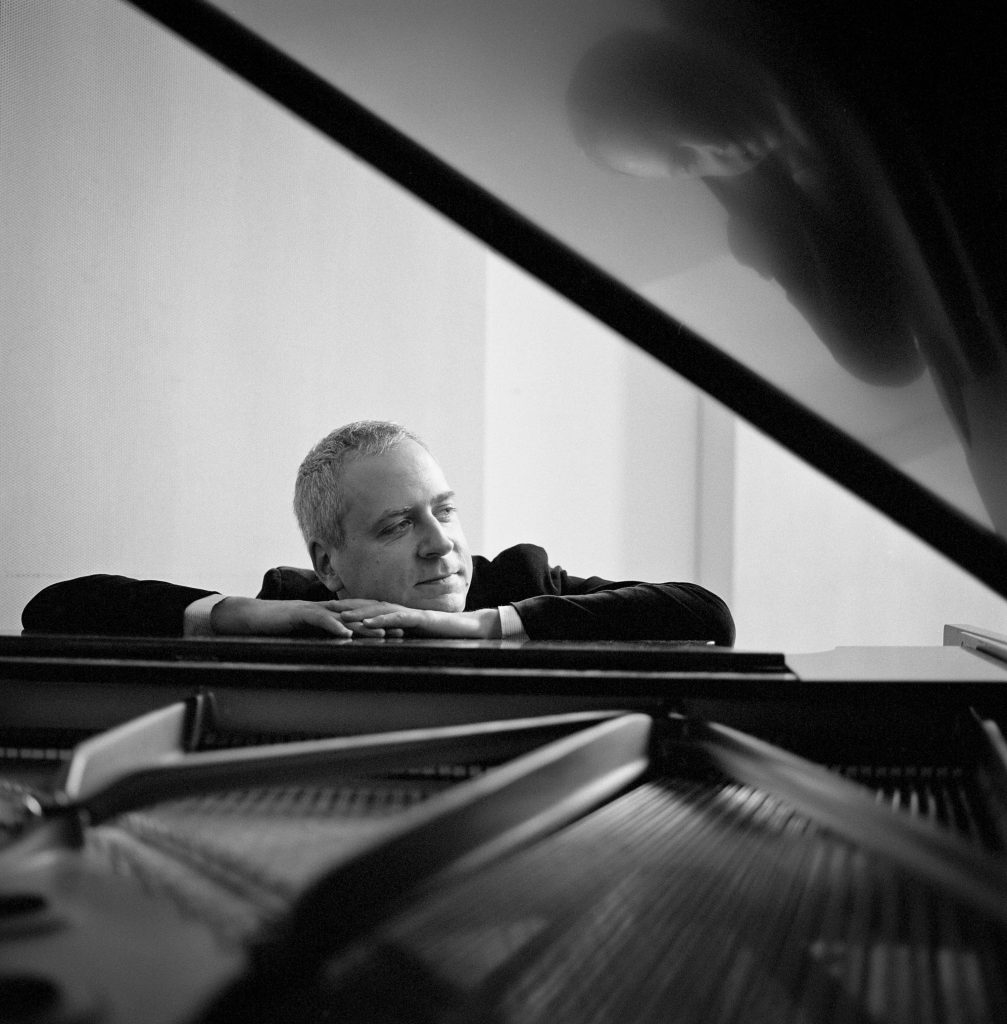William Leland knew just what his boisterous student needed. He also knew he wouldn’t like it. “Welcome to the summer during which you will learn to hate me,” the University of New Mexico piano professor wrote in the notebook belonging to a young Jeremy Denk.
“We are going to do precision drills: exercises in perfection of fingering, notes and rhythm ...

Every slip means back to beginning.” Decades later, in a New Yorker piece that would later inspire his New York Times bestseller, “Every Good Boy Does Fine,” Denk reflected on the moment, writing: “That was the summer the music died — long, tedious lessons solely on scales, arpeggios, repeated notes, chords. But this misery proved a success.
” The focus on process before product was one of many turning points in Denk’s musical story. Automaticity in the ordinary was a prerequisite to unlocking further creation of the extraordinary. “He knew I needed a summer to focus the mind and train the muscles carefully so I would be able to do some of the things I was wildly enthusiastic about,” Denk told the Vail Daily on Thursday.
“I think we all have those periods in our learning processes where we have to buckle down and do the boring stuff in order to go onto more exciting things.” The 54-year-old will make his third Bravo! Vail appearance on Saturday, performing Anne Clyne’s “ATLAS,” a co-commissioned piece courtesy of the music festival and the Dallas Symphony Orchestra. “It’s full of deeply-.
















